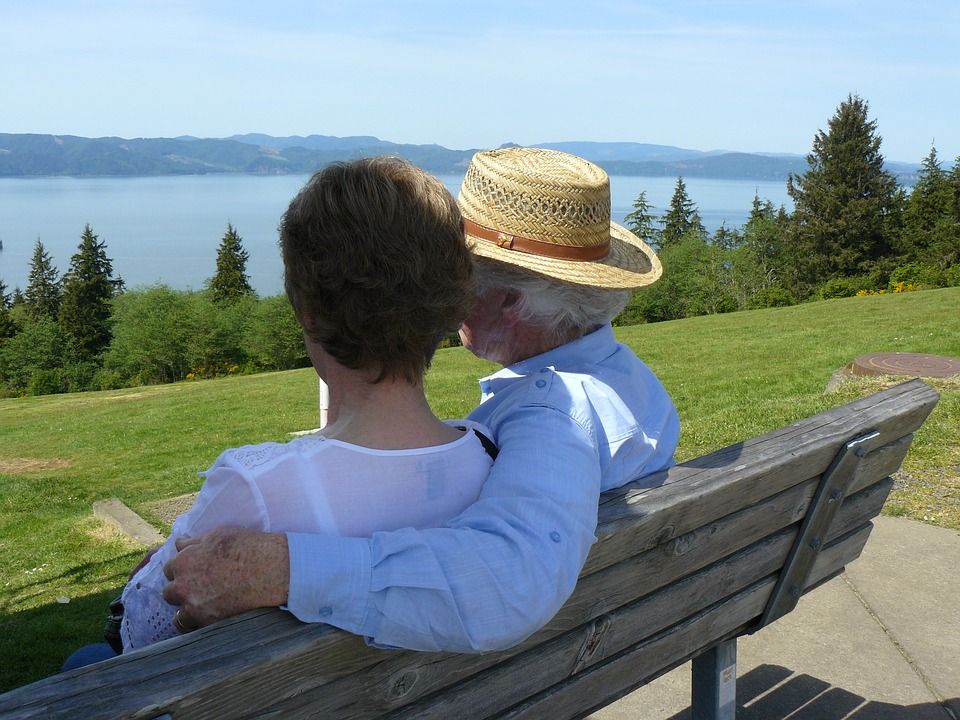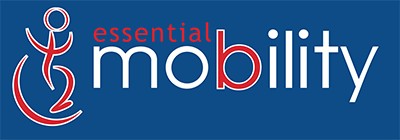Summer is a wonderful time, especially in the UK when the likelihood of rain is slightly reduced. The warm temperature is something everyone can enjoy, though it can also bring a number of health issues, especially for older people and those with limited mobility who require an all-terrain mobility scooter to get around.

We have put together some common heat-related health issues, their warning signs and what steps you can take to prevent them and avoid them worsening.
Dehydration
One of the most significant health issues that arise in hot weather is dehydration, which develops from a lack of water in your body. Warning signs of dehydration include headaches, dizziness, feeling week, muscle cramps and possibly losing consciousness. The best solution is to drink plenty of fluids, especially water. Keep the water cool and refreshing in your fridge too, to help cool you down.
Heat Exhaustion
Heat exhaustion is a serious issue in the heat and can lead to heat stroke. It is caused by dehydration and too much heat on the body. Signs you might be suffering from heat exhaustion include nausea, dizziness, vomiting, fainting, heavy sweating, pale complexion, cold or clammy skin, tiredness and a fast and weak pulse. If you feel any of these symptoms, the first thing to do is cool down; laying down in a cool room, remove unnecessary clothing, drinking water and raising your feet above the level of your heart. Use a cold, damp cloth to cool your skin, and make someone stay with you.
Heat Stroke
A heat stroke is another issue you may face after spending a long time in the sun, and it is a condition which can be deadly. A heat stroke occurs when there is a dangerous rise in your body temperature, especially when you are in a much hotter climate than you are used to. Signs of heat stroke are headaches, nausea, vomiting, fatigue, rapid pulse, a temperature of 40 degrees Celsius or over, losing consciousness and confusion. You can prevent a heat stroke in similar ways to heat exhaustion by drinking cold drinks, taking cool baths or showers, wear light and loose clothing, cooling your body with water or a damp cloth, avoiding extreme exercise or excess alcohol and avoiding the sun between 11am and 3pm, when it is at its strongest.
Heat Syncope
If you are very physical in hot weather, you may have an issue of heat syncope, and occurs when you cool your body too quickly, and your blood vessels dilate so there is blood flow to the brain. Warning signs include fainting and dizziness and possible mental confusion. Take it slow when cooling down, laying down as you do to avoid dizziness, and take it easy for the rest of the day, avoiding strong heat.
Hyperthermia
Hyperthermia is a condition that happens when our body’s heat regulation fails to cope with extreme temperatures, be it hot or cold. Warning signs include shivering, slurred speech, drowsiness, confusion, shallow breathing and fainting. If you are showing these symptoms, get into the shade, drink plenty of water and if you do not improve, call emergency services.
Below are some top tips for staying healthy in hot weather, so you can still enjoy the summer but not so you are risking your health.
Stay Hydrated
This is usually the first thing any medical professional will suggest to help combat hot weather-related issues. Drinking plenty of water and other fluids every day, avoiding hot drinks and alcohol, is very important. Fresh fruit helps too, as it has high water content.
Take Breaks
Taking breaks from the sun is advised, such as avoiding the midday sun, visiting air-conditioned places and resting after doing something physical in the heat.
Wear Sunscreen
Sunshine helps boost vitamin D levels, helps protect your bones and reduces the risk of heart disease. Being exposed to direct sun for 10 to 15 minutes is enough for a daily dose, and after that, it is recommended you wear sunscreen and stay in the shade, especially if you have pale skin.
Talk to Your Doctor
When it comes to health issues, it is always good to speak to your doctor. If you are travelling abroad to a hot place, consult your GP about ongoing health conditions. You can also ask if any medication you take will be affected by the heat. Of course, if you do feel unwell, don’t hesitate to contact your doctor or 999 in an emergency.





